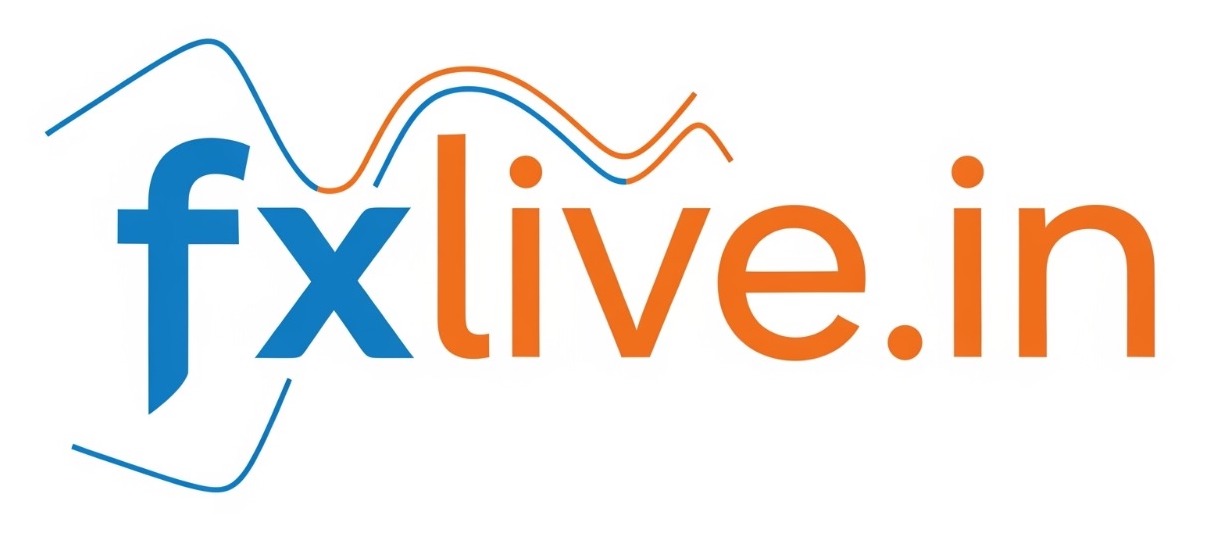The most recent information available indicates that the news is not about a complete cancellation of all tariffs, but rather a significant scaling back of a proposed tariff plan, specifically on generic drugs, which benefits Indian pharmaceutical companies.
Here are the full details based on recent developments:
1. Shelving of Tariffs on Generic Drugs
- The Decision: The Trump administration has reportedly shelved plans to impose tariffs on generic drug imports. This move is a major relief for Indian pharmaceutical companies.
- Indian Impact: India is the largest supplier of generic prescription drugs to the US, accounting for nearly 50% of all generic prescriptions filled. Therefore, the exclusion of generics spares the vast majority of India’s pharmaceutical exports to the US from new duties.
- Reasoning: The decision was reportedly made following an internal debate within the US administration. Arguments against the tariffs on generics included:
- The risk of price increases and drug shortages for American consumers, many of whom rely on these low-cost imported medications.
- The low production costs in countries like India mean that even very high tariffs might not be enough to make US generic manufacturing profitable.
2. Tariffs That Remain in Place
- 100% Tariff on Branded/Patented Drugs: In September 2025, President Trump had announced a 100% tariff on all branded or patented pharmaceutical products starting October 1, 2025.
- Exemption Condition: This 100% tariff would not apply if the company was “BUILDING” a pharmaceutical manufacturing plant in America, defined as having “broken ground” or being “under construction.”
- Impact on India: While this high tariff remains announced for patented drugs, India’s exports to the US are primarily generics. However, there is lingering uncertainty about how “branded generics” or certain complex pharmaceuticals from India would be classified.
3. Broader Context
- Trade Tensions: The tariff announcements are part of a broader trade push by the US administration to bring manufacturing back to the country, often citing national security concerns and following a Section 232 investigation into pharmaceutical imports.
- Previous Tariffs: The pharmaceutical sector was previously exempt from a 50% tariff imposed on most Indian goods (a combination of a 25% tariff on Indian imports and an additional 25% for India’s purchase of Russian oil), highlighting its crucial role in the US healthcare system.
In summary, the key “cancellation” is the withdrawal of proposed tariffs on generic drugs, which is a significant win for Indian pharma and a relief for American consumers, as India’s main pharma export to the US is generic medicine. The 100% tariff on patented drugs, however, is still on the table.

